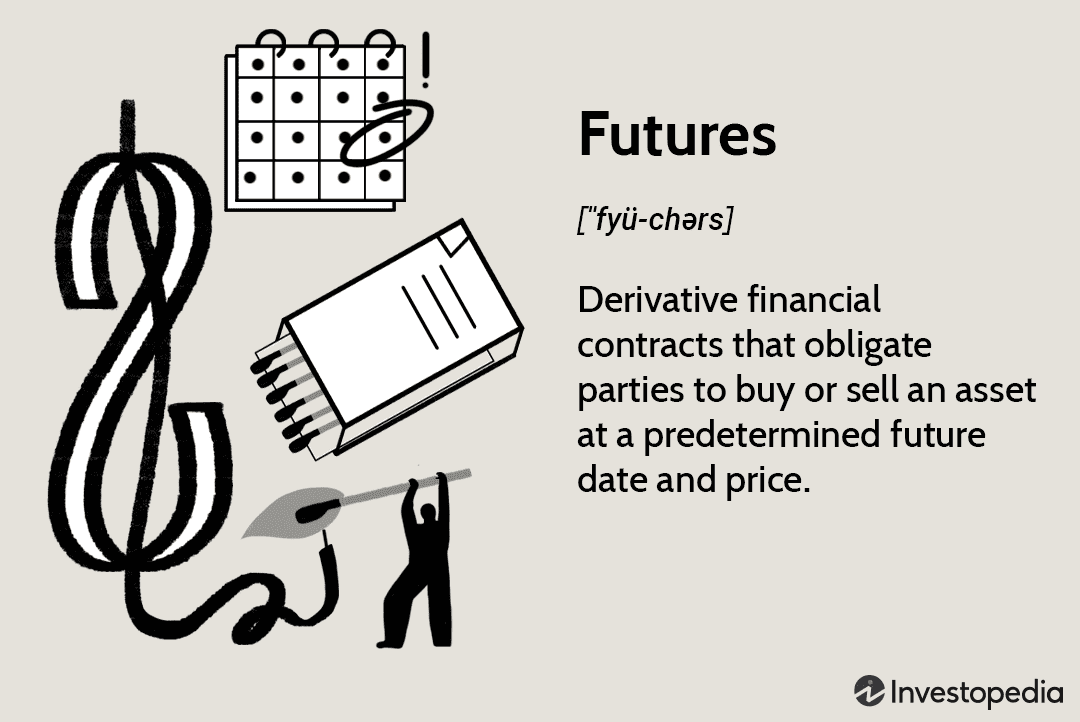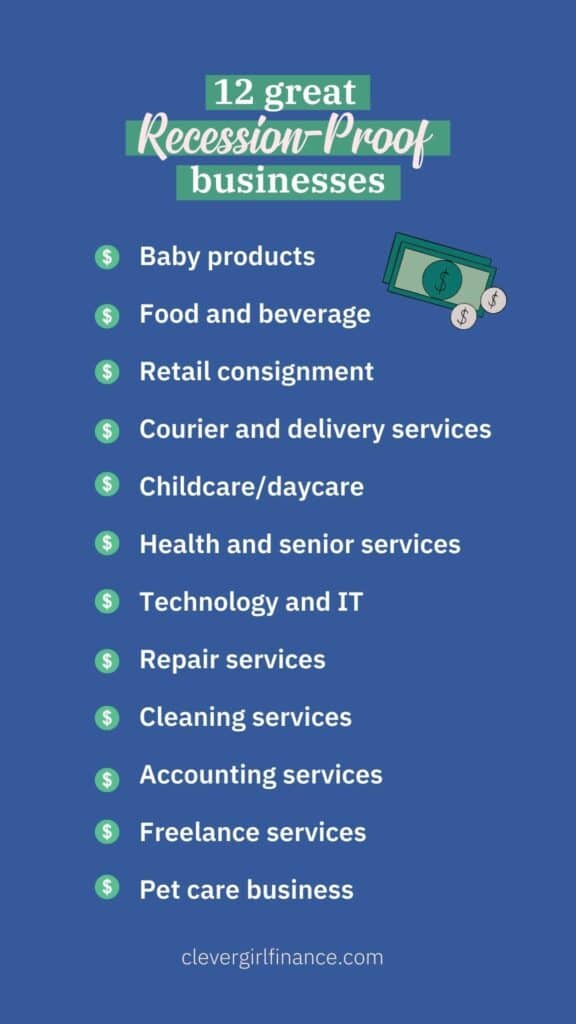
Many people are interested in investing in the oil market but don't know where to start. If you have ever considered investing in oil stocks you will likely have heard that there are two basic ways to do it. The short-term option includes buying oil futures, and betting on the oil price. This strategy is ideal for beginners as you can both start investing immediately and reap the benefits of rising oil prices later. Before you invest, consult an expert.
Short-term
Oil futures can be a way to make a lot of money from oil trading. These contracts are usually sold for around $2.25 per contract, and investors buy them with the expectation that the price of oil will increase before the contract expires. Oil contracts typically last three months. The difference between the strike price and expiry is the amount the investor will receive. It's a smart move to invest just a small percentage of your portfolio in these types of contracts.

Oil futures are not like stock ownership. They can experience rapid price swings and very severe losses. Oil futures are not backed by the exact same fundamentals as stocks. While stocks have a certain value regardless of market conditions, oil futures can be worthless. The supply of oil is limited, so even a small decline can result in big losses for investors. This is why investors should carefully consider their investment decisions before investing in oil futures.
Investing crude oil stocks
If you're able to closely follow oil prices, investing in crude oil stocks can yield high returns. Crude oil and its derivatives trade worldwide every day. The price of oil from various countries affects the prices of crude oil as well as other petroleum products. There are also many other factors that influence oil prices. This makes it a smart investment choice.
You can also invest in crude oil stocks. ETFs are traded like stocks and fluctuate in price throughout the day. These funds are great for liquid assets investors looking for a flexible trading platform. ETFs also provide coverage for other commodities like heating oil and natural gases. ETFs may offer a higher degree of protection from the volatility of the market, but they are still more volatile than traditional shares.
Direct investments
Oil futures are popular investments because they can be very lucrative and drive the economies of many countries. Oil futures and exchange-traded funds are both tax-efficient, high return, and potentially lucrative investments. Oil futures financial contracts require two parties to exchange assets at a future date. These investments are not for everyone but they can be a great way to diversify your portfolio.

The main difference between oil futures and oil options is that oil futures require the buyer to buy or sell an asset at a certain price on a specific future date. Oil futures can be risky and not recommended for all investors. Oil futures can be a great way of protecting against price volatility, but they require substantial financial investment and extensive research. ETFs, which are commodity-based oil trade-traded funds (ETFs), offer another way to invest. Energy mutual funds also known energy ETFs invest into energy companies, such as oil companies.
FAQ
What is the distinction between marketable and not-marketable securities
The main differences are that non-marketable securities have less liquidity, lower trading volumes, and higher transaction costs. Marketable securities, however, can be traded on an exchange and offer greater liquidity and trading volume. These securities offer better price discovery as they can be traded at all times. There are exceptions to this rule. Some mutual funds are not open to public trading and are therefore only available to institutional investors.
Marketable securities are less risky than those that are not marketable. They have lower yields and need higher initial capital deposits. Marketable securities are usually safer and more manageable than non-marketable securities.
A bond issued by large corporations has a higher likelihood of being repaid than one issued by small businesses. The reason is that the former will likely have a strong financial position, while the latter may not.
Marketable securities are preferred by investment companies because they offer higher portfolio returns.
How do I invest my money in the stock markets?
Brokers can help you sell or buy securities. Brokers can buy or sell securities on your behalf. You pay brokerage commissions when you trade securities.
Banks typically charge higher fees for brokers. Banks often offer better rates because they don't make their money selling securities.
You must open an account at a bank or broker if you wish to invest in stocks.
If you are using a broker to help you buy and sell securities, he will give you an estimate of how much it would cost. He will calculate this fee based on the size of each transaction.
You should ask your broker about:
-
To trade, you must first deposit a minimum amount
-
If you close your position prior to expiration, are there additional charges?
-
What happens if your loss exceeds $5,000 in one day?
-
How many days can you keep positions open without having to pay taxes?
-
How you can borrow against a portfolio
-
How you can transfer funds from one account to another
-
What time it takes to settle transactions
-
the best way to buy or sell securities
-
how to avoid fraud
-
how to get help if you need it
-
Can you stop trading at any point?
-
How to report trades to government
-
Reports that you must file with the SEC
-
whether you must keep records of your transactions
-
What requirements are there to register with SEC
-
What is registration?
-
How does it impact me?
-
Who must be registered
-
When do I need registration?
How can people lose money in the stock market?
The stock market does not allow you to make money by selling high or buying low. You can lose money buying high and selling low.
Stock market is a place for those who are willing and able to take risks. They are willing to sell stocks when they believe they are too expensive and buy stocks at a price they don't think is fair.
They believe they will gain from the market's volatility. They could lose their entire investment if they fail to be vigilant.
What is a mutual-fund?
Mutual funds are pools of money invested in securities. Mutual funds provide diversification, so all types of investments can be represented in the pool. This helps to reduce risk.
Professional managers manage mutual funds and make investment decisions. Some mutual funds allow investors to manage their portfolios.
Mutual funds are more popular than individual stocks, as they are simpler to understand and have lower risk.
What is the difference in a broker and financial advisor?
Brokers are specialists in the sale and purchase of stocks and other securities for individuals and companies. They manage all paperwork.
Financial advisors are specialists in personal finance. They use their expertise to help clients plan for retirement, prepare for emergencies, and achieve financial goals.
Banks, insurers and other institutions can employ financial advisors. They can also be independent, working as fee-only professionals.
You should take classes in marketing, finance, and accounting if you are interested in a career in financial services. You'll also need to know about the different types of investments available.
How Does Inflation Affect the Stock Market?
Inflation can affect the stock market because investors have to pay more dollars each year for goods or services. As prices rise, stocks fall. It is important that you always purchase shares when they are at their lowest price.
Statistics
- Our focus on Main Street investors reflects the fact that American households own $38 trillion worth of equities, more than 59 percent of the U.S. equity market either directly or indirectly through mutual funds, retirement accounts, and other investments. (sec.gov)
- For instance, an individual or entity that owns 100,000 shares of a company with one million outstanding shares would have a 10% ownership stake. (investopedia.com)
- The S&P 500 has grown about 10.5% per year since its establishment in the 1920s. (investopedia.com)
- US resident who opens a new IBKR Pro individual or joint account receives a 0.25% rate reduction on margin loans. (nerdwallet.com)
External Links
How To
How to Trade Stock Markets
Stock trading is the process of buying or selling stocks, bonds and commodities, as well derivatives. Trading is French for "trading", which means someone who buys or sells. Traders buy and sell securities in order to make money through the difference between what they pay and what they receive. This is the oldest type of financial investment.
There are many different ways to invest on the stock market. There are three basic types: active, passive and hybrid. Passive investors only watch their investments grow. Actively traded investors seek out winning companies and make money from them. Hybrids combine the best of both approaches.
Passive investing can be done by index funds that track large indices like S&P 500 and Dow Jones Industrial Average. This strategy is extremely popular since it allows you to reap all the benefits of diversification while not having to take on the risk. Just sit back and allow your investments to work for you.
Active investing is about picking specific companies to analyze their performance. An active investor will examine things like earnings growth and return on equity. Then they decide whether to purchase shares in the company or not. If they feel that the company is undervalued, they will buy shares and hope that the price goes up. If they feel the company is undervalued, they'll wait for the price to drop before buying stock.
Hybrid investment combines elements of active and passive investing. One example is that you may want to select a fund which tracks many stocks, but you also want the option to choose from several companies. This would mean that you would split your portfolio between a passively managed and active fund.